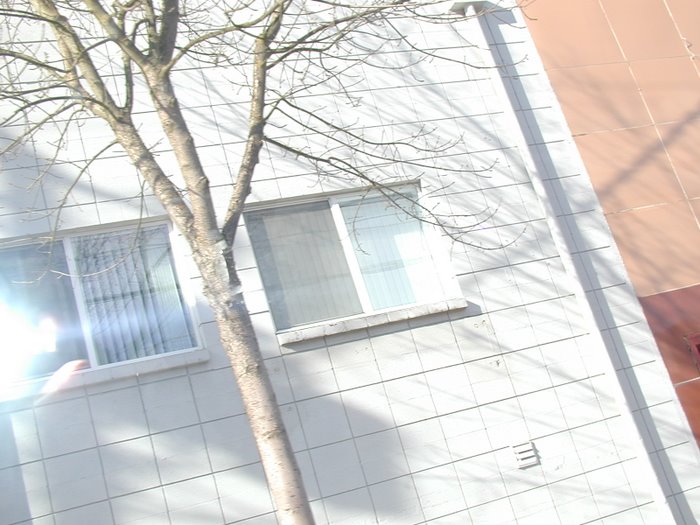thoughts on a new coffee bar and venue in downtown roseburg, oregon
Sunday, March 16, 2008
User Interaction and Buy-in
Tuesday, March 11, 2008
The gowing economic impact of the creative class



The growing economic impact of the creative class
Richard Florida's Who's Your City?, profiled in the previous entry and available starting today, focuses on why place matters dearly in attracting the creative class. However, the book provides an effective visual (above) and an entire section among four on why the creative class matters in the first place.
Notice the rise in the creative class workforce along with services, and the decline in manufacturing and agriculture, especially to overseas. However, what's especially striking is the bar graphs in the lower part of the graphic, showing that while the creative class has 31% of the workforce compared to 45.7% for services, it produces 49.8% of wages paid compared to 30.6% for services. Even more compelling is that the creative class represents 70% of all discretionary income compared to 13% for services.
The good news for the local economy is that creative class jobs are not nearly as outsourceable as services and manufacturing, and they also add to the local arts, culture and entertainment scenes much more effectively as well.
Graphic used with permission from the Creative Class Group, and viewable on the Who's Your City? website.
Friday, March 07, 2008
CoolTown Studios: "The CoolTown visual guide to crowdsourced placemaking
The table of contents:
The conflict: Cities are hitting a wall
Where creatives are attracted to
Third places, events and scenes
Identifying the problem and solution via 'clocks' and 'clouds'
What is crowdsourcing?
Crowdsourcing in action
How indies can compete with chains
Systems for profound change
Placemaking crowdsourcing systems in action
Appendix: CoolTown strategic map
Check out the progress of three ongoing crowdsourced beta community developments here."
Wednesday, March 05, 2008
Profile of a future VIBE
Smart City Radio recently interviewed a young budding VIBE and former attorney in Pittsburgh's East End, Jamie Wallace who opened his first restaurant ever, Abay Ethiopian Cuisine. It soon became known as one of Pittsburgh Magazine's Top 25 Best Restaurants of 2005 soon after its opening in 2004. One of his primary motivations to switch careers is that he wanted his city to have a more multi-cultural heritage, which is a big deal to a creative city.
What's to say Jamie will be a VIBE? First of all, his first restaurant, with no restaurant experience, is a commercial success. Second, you can hear it in his interview, "My mindset wasn't that this has to run like every other restaurant I've read about or been in. My perspective was whether this was a technology company or a robotics company, there are certain principles that I want to apply to my business. So if you come in and you work here, the philosophy that we have, the approach we take, it's the same. It's essentially a customer service business, we're promoting culture as much as anything, we want people to have a great time, but there's a component of what I'm trying to do that would be the same regardless. So I feel like from a customer standpoint, they get that what we're there to do isn't just to turn a profit, it's for them to learn, for them to absorb this culture, have an enjoyable time, have it be educational, and touch them in a way that's different. Hopefully they get that."
Apparently they are.
Posted by Neil Takemoto | Link | Comment (0)
